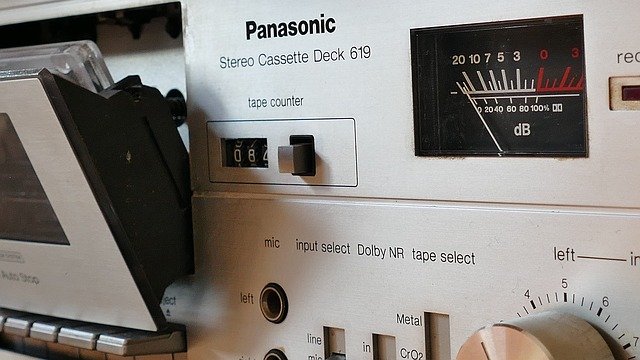Anyone who’s watched the recent ITV drama “Des” will no doubt have been spellbound by David Tennant’s incredibly chilling (and lifelike) performance as serial killer Dennis Nilsen, which centre around the police interviews after his arrest and his relationship with author Brian Masters. It’s no wonder it’s become the highest-rated drama on the channel in 14 years. And if you haven’t caught the documentary “The truth behind The Real Des: The Dennis Nilsen story” that aired as the mini series ended, it’s well worth doing so. It’s spine chilling how remarkable Tennant’s Nilsen is when you’re able to see the real-life previously unseen interviews with Nilsen himself. They clearly provided some valuable insight into him.
Providing an accurate account
This got us to thinking about the value of police interviews, how important they for capturing a first hand account of what happened in a particular event.
We’ve been transcribing police interviews throughout our history but did you know that there are some very specific rules and guidelines about how these interviews must be conducted and produced? This is after a number of high profile cases in the 1970s where it emerged that evidence had been fabricated, leading to serious questions about the criminal justice system. As a result, the Police and Criminal Evidence Act (1982) (PACE) was introduced. This applies to England and Wales to help address the previous failings and ensure that any evidence will be submissable in court. It’s a Code of Practice covering the minimum standards required to determine that evidence has been fairly obtained.
The premise of PACE for police interviews
- Interviews must now be recorded, and no longer produced from a police officer’s memory.
- The questioning of a suspect (called an interview under caution) must be produced in a standard format that states where the interview is held, what time it starts and ends, and who is present.
- Two copies of tape recorded interviews are made. One is immediately sealed after the interview in the presence of the interviewee so that there is total transparency that the recording has not been tampered with.
Transcriptions of the recordings then need to be turned around quickly as they can have a huge bearing on the next steps in the criminal proceedings.
Accuracy is also incredibly important. If there are any discrepancies between the recordings and the transcripts then it could lead to a witness or suspect’s account of proceedings being questioned in terms of credibility. And of course, underpinning all of this is that in many cases the content within the recording can be very sensitive and highly confidential.
The FSTL promise
Choosing a transcription service that can deliver all of the above and has the right expertise is key. FSTL does exactly that for a number of clients, and our vast experience in this area continues to give our clients total peace of mind.
For all your transcription needs, please contact alex@fionashipley.com.

